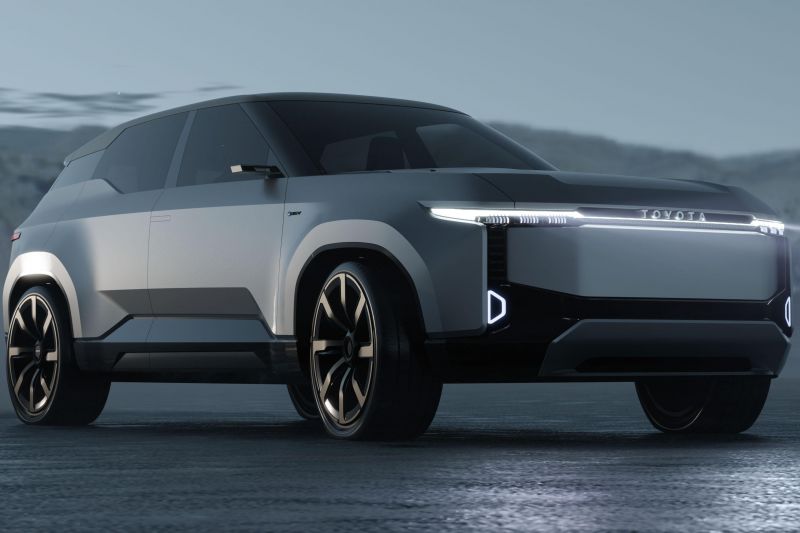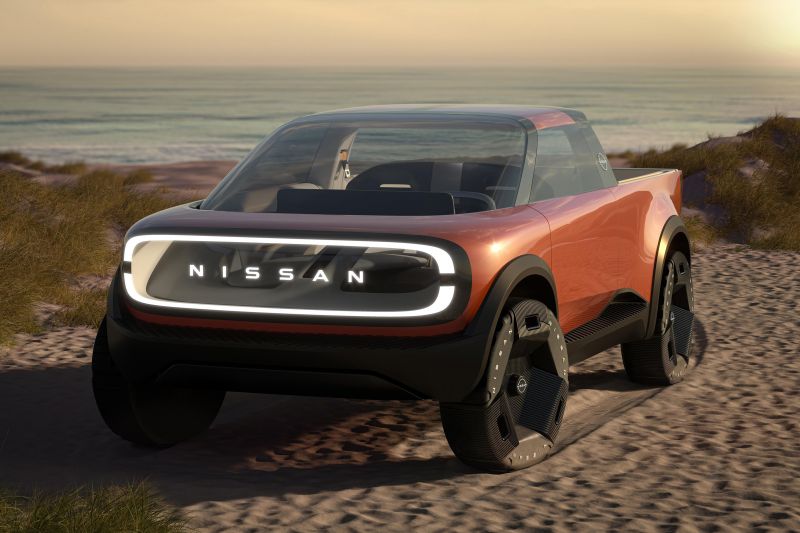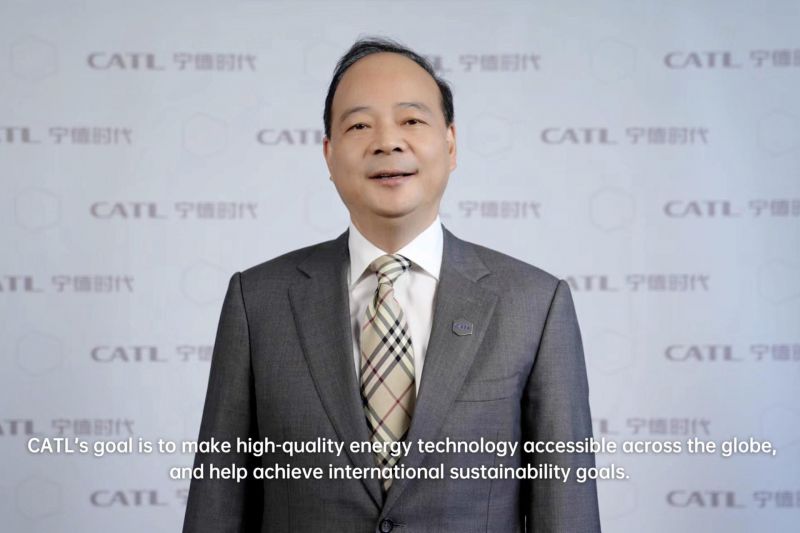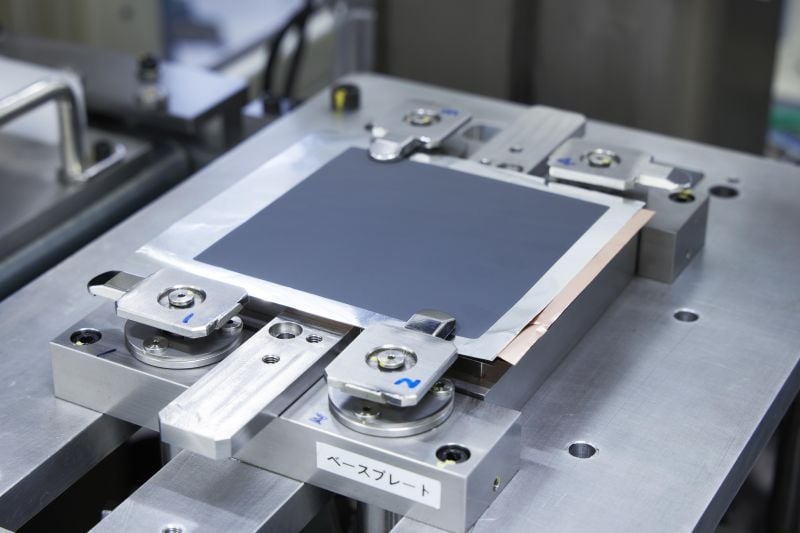Solid-state batteries have been pitched by multiple carmakers as the next frontier in electric vehicle (EV) technology, offering benefits in range, energy density and packaging efficiencies.
However, the boss of the world’s largest EV battery manufacturer, CATL, says they’re not viable yet.
CATL founder and CEO (and physicist) Robin Zeng, whose company supplies the likes of BMW and Tesla, told The Financial Times the technology still has significant hurdles to overcome.
Solid-state batteries, as the name suggests, use a solid instead of a liquid electrolyte, such as those found in today’s EV batteries, to stimulate the transfer of electrons.
-
Robin Zeng
“We fully support solid-state, but I have been investing in this for 10 years,” Mr Zeng told The Financial Times, arguing CATL is “second to none” in the race to make this technology viable.
“I watch the development people working on solid-state almost every month, so I know all the progress, and somehow we still have these showstoppers.”
He said his team is prototyping sodium-ion batteries and condensed-matter batteries, the latter of which use a semi-solid material and are claimed to store around double the energy of typical lithium-ion batteries.
Mr Zeng said solid-state batteries only held advantages over existing batteries if they used a new type of chemistry along with pure lithium metal for the anode electrode.
He noted there are issues with lithium ions diffusing within solid material, and also cited issues with both durability and safety.
“[The battery] cannot last many [charging] cycles, maybe 10 cycles,” he said, explaining the expansion of lithium while charging and discharging can damage the battery. “So how can you make it commercially viable?”
Finally, he explained solid-state batteries can pose safety issues, as lithium would react with moisture in the air if a battery broke open during a car accident.
Mr Zeng isn’t the only battery executive to pour cold water on the idea of solid-state batteries in the short term.
-

Toyota LandCruiser SE concept
“It’s crucial that leading battery developers like StoreDot give global automotive manufacturers a realistic and hype-free roadmap for the introduction of extreme fast-charging battery technologies,” said the CEO of Israeli battery startup StoreDot, Dr Doron Myersdorf, back in 2022.
“Right now, despite some of the bullish claims by our rivals, all-solid-state batteries are still at least 10 years away. They are certainly no silver bullet for any vehicle maker currently developing fast charging electric vehicle architectures.”
The CEO said his company would instead look to launch semi-solid-state batteries this decade.
There are currently no mass-market EVs that make use of solid-state batteries, but BMW, Nissan and Toyota have all confirmed they’re working on deploying the tech.
Toyota says it has overcome issues with the shorter life of solid-state batteries, and aims for the technology to be ready for use in its vehicles by 2027-28.
-

Nissan SurfOut concept
It claims its first solid-state battery will offer 20 per cent more range than its next-generation ‘Performance’ lithium-ion batteries, while being able to be charged from 10 to 80 per cent in 10 minutes or less.
Nissan also plans for its solid-state batteries, developed in-house, to be launched in 2027/28.
It claims they’ll offer twice the energy density of lithium-ion batteries, superior charge/discharge performance, and lower cost through the use of less expensive materials. It also says it can deploy these across a wide range of vehicle segments, including utes.
US startup Solid Power has also established a solid-state battery production line, and has produced solid-state cells for BMW.
MORE: Solid-state batteries: What are they?

